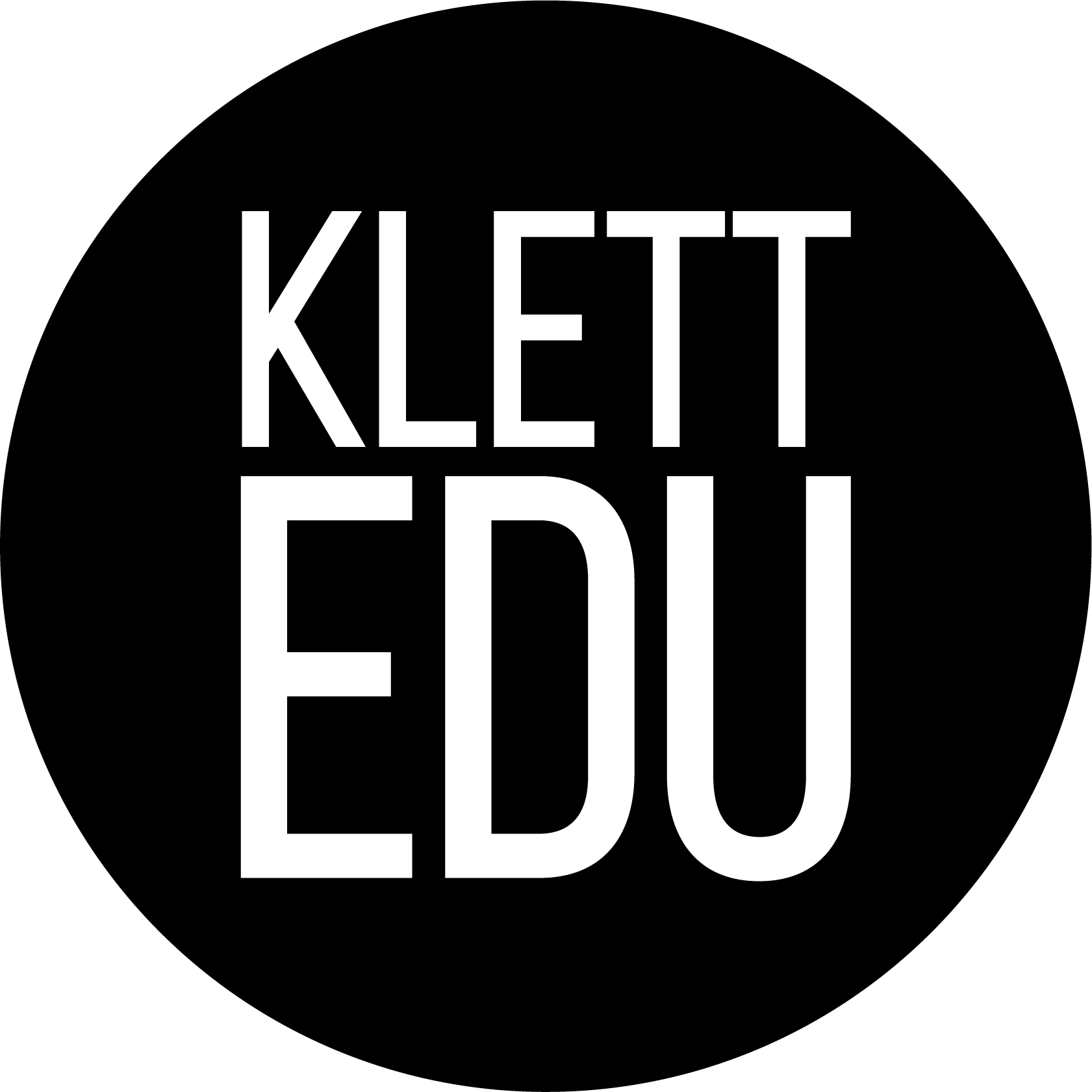What do paper planes have to do with Industry 4.0?
Message from Stuttgart - a word from our CEO Ferdinand Ayen
Let’s have a quick look back almost one year ago...
Even after extensive market studies and talks with many partners in Serbia, we still had the feeling that our findings of teaching mechatronics were just not enough to be able to offer our customers a really good VET product. So we decided to perform a showcase course: 12 students, real learning situations, 2 full weeks. Content: converting the Festo Meclab, an Industry 3.0 mechatronic system into an Industry 4.0 system. The plan itself was an ambitious one, due to compiling mechatronics content with the core of industry 4.0.
Thanks to our friends from two secondary schools in Belgrade and Čačak, finding 12 students interested to participate in such a course was an easy task. Creating an interactive, attention-grabbing learning situation for „digital“ generation was, however, not trivial. How can we get to the core idea of Industry 4.0 in a short period of time? What is relevant here, and how is it possible to put it into an activity-oriented framework? Nikolaus, our specialist from the University of Education in Freiburg, came up with an excellent idea:
The Klett Aircraft Corporation
After a theoretical introduction into the core of Industry 4.0 and its previous stages from the industrial revolution to the modern smart factory, our students became “employees” the „Klett Aircraft Corporation“. At the start of the course, in February 2019 the students familiarized themselves with the following scenario - as employees of "Klett Aircraft Corporation", they had to build airplanes in different ways.
Industry 1 - Manufactory: At first every student got a multi-step folding instruction and a few sheets of paper. They had to work individually through these instructions and had at the end a paper plane folded. The pupils had thus acted as a manufactory.
Industry 2 - Mass production: Then, two groups were formed, each group member was assigned one or two work steps, and the sheets of paper were moving from person to person. Until here again the paper airplane was completely folded. The second phase of industrialization with its mass production based on the division of labor was thus achieved.
Industry 3 - Automation: The third phase, automation by means of machines, was simulated by alternating the students' roles as "robots" and as "workers”. Easy and repetitive folding steps were performed by the robot, more complex ones by the worker.
Industry 4.0 - Digitalization: Finally, each working piece (i.e. paper) had an individual QR code on it. With the help of the students' mobile phones, a special web page was opened, which in turn displays the individual work steps that were stored. The Klett Aircraft Corporation has arrived in Industry 4.0, and the students had action-oriented and playfully learned what that means.
Until new learning challenges,
Ferdinand
